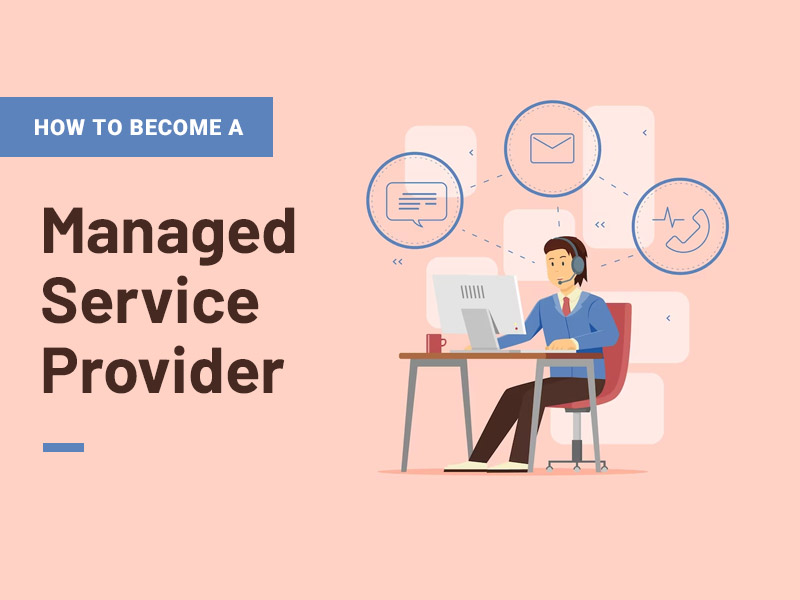In today’s technology-driven world, businesses rely heavily on managed service providers (MSPs) to effectively manage their IT infrastructure, streamline operations, and maximize productivity. Becoming a successful MSP requires a combination of technical expertise, strategic planning, and exceptional customer service. In this article, we will explore key steps to help you embark on a path to success as a managed service provider.
Define your niche
One of the first steps in establishing yourself as an MSP is to define your niche. Determine the specific services you want to offer and the industries or markets you wish to target. By focusing on a particular area, you can become an expert in that field and differentiate yourself from competitors. Whether it is cloud computing, cybersecurity, data management, or any other specialized service, finding your niche will allow you to develop tailored solutions that meet your client’s unique needs.
Build a strong technical foundation
To be successful as an MSP, you must have a strong technical foundation. Invest in the right hardware, software, and tools that will enable you to manage your clients’ IT infrastructure efficiently. Stay up to date with the latest industry trends and certifications to ensure you have the necessary skills and expertise to provide cutting-edge solutions. Regularly attend conferences, webinars, and training sessions to enhance your knowledge and skills. Additionally, build a team of skilled professionals who can handle various aspects of your business, from network administration to cybersecurity.
Embrace automation and scalability
Automation is key to the success of an MSP. Leverage tools and technologies to automate routine tasks like patch management, software updates, and system monitoring. Also, use RMM software to supervise your employees who work from home. This improves efficiency and allows you to scale your business as you take on more clients. Automating repetitive processes allows you to allocate your resources more effectively and focus on strategic initiatives that drive growth.
Develop robust service offerings
Successful MSPs offer a wide range of comprehensive services to their clients. Identify the needs of your target market and develop service offerings that align with those requirements. This could include network monitoring and management, data backup and recovery, cloud migration, cybersecurity solutions, help desk support, and more. By providing a holistic suite of services, you can become a trusted advisor to your clients and help them navigate the complex world of IT.
Focus on exceptional customer service
Customer service is a vital component of any successful service provider. Your clients rely on you to keep their systems running smoothly and to provide prompt, efficient support when issues arise. Build strong relationships with your clients by delivering exceptional customer service. Be responsive, proactive, and transparent in your communication. Regularly assess client satisfaction and take feedback seriously to improve your service delivery continuously.
Conclusion
Becoming a successful MSP requires a combination of technical expertise, strategic planning, and exceptional customer service. By building a strong technical foundation and developing robust service offerings, you can position yourself as a trusted partner for businesses seeking reliable and efficient IT solutions. Remember, success as an MSP is an ongoing journey that requires adaptability, continuous learning, and a commitment to exceeding client expectations.







